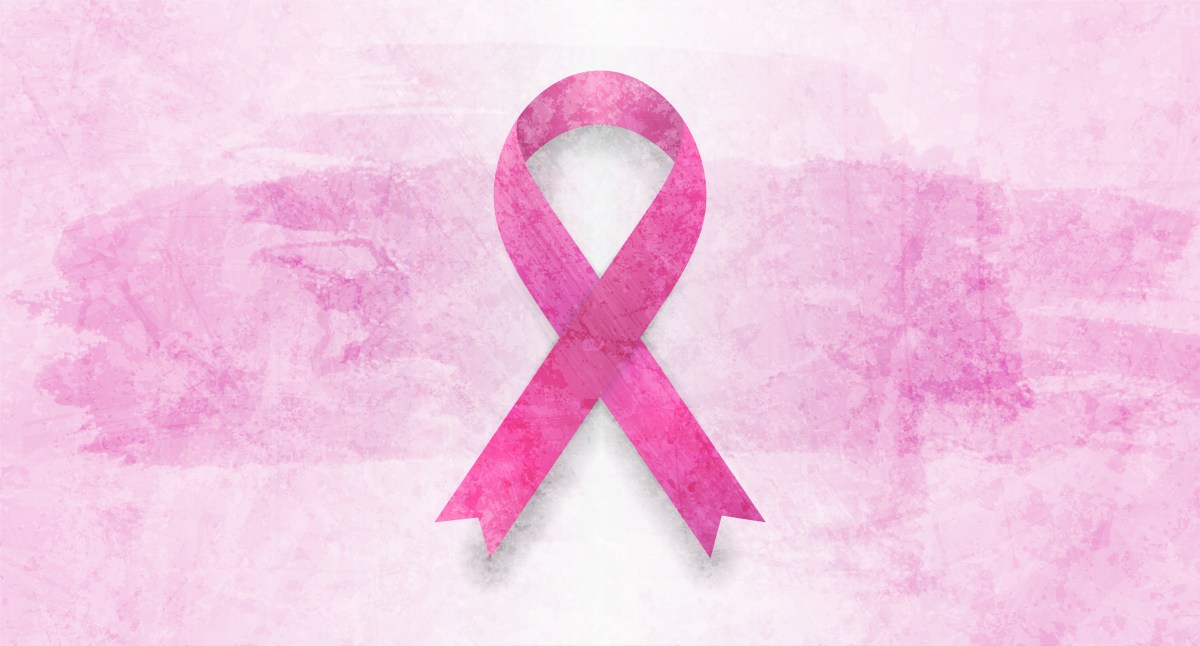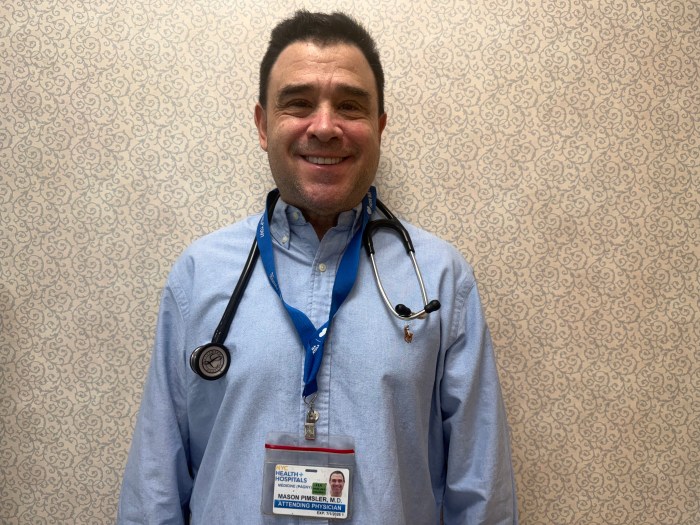Undergoing breast cancer testing and treatment can be an emotionally and physically exhausting journey. The process, while crucial for diagnosis and healing, often presents numerous challenges for patients.
From the initial screenings to surgery, chemotherapy, or radiation, the stress can feel overwhelming. However, integrating self-care into daily routines can significantly enhance both physical well-being and mental resilience throughout the treatment process.
1. Prioritize Mental Health
The emotional toll of breast cancer testing and treatment cannot be overstated. Feelings of fear, anxiety, and uncertainty are common, but they can be managed with consistent self-care. One of the most effective methods for managing emotional health is through mindfulness practices, including meditation and deep breathing exercises. These practices help reduce anxiety and promote emotional calmness. Even just a few minutes of focused breathing each day can make a noticeable difference in how one feels throughout the day.
Many people also find it helpful to join support groups, either in person or online. These communities provide an invaluable space to share experiences, gain insights, and connect with others facing similar challenges. Talking openly about fears and emotions can help reduce isolation and remind patients that they are not alone in their journey.
2. Maintain a Balanced Diet
Good nutrition is a cornerstone of self-care during breast cancer treatment. A well-balanced diet supports the body’s ability to heal, manage side effects, and maintain strength. During chemotherapy or radiation, side effects such as nausea, loss of appetite, and taste changes are common.
Maintaining a healthy eating routine can be challenging, but making small adjustments can have a significant impact. Opting for smaller, more frequent meals can help when appetite is low, and focusing on nutrient-dense foods, such as fruits, vegetables, lean proteins, and whole grains, ensures the body gets the vitamins and minerals needed to support healing.
Hydration is equally important. Treatment can cause dehydration due to side effects like vomiting, diarrhea, or dry mouth. Drinking plenty of water, along with herbal teas or flavored water, can help keep the body hydrated and reduce these symptoms.
3. Get Sufficient Rest
Rest is an often-overlooked but essential aspect of self-care. Cancer treatments can cause fatigue, making it difficult to maintain energy levels. It’s vital to listen to the body and rest when needed. This doesn’t just mean sleep; it includes taking breaks during the day, limiting stress, and setting aside time to relax.
Quality sleep is crucial, as it allows the body to repair and regenerate cells, bolstering the immune system. Patients should aim to create a restful environment by minimizing distractions, such as bright lights or loud noises. Practicing relaxation techniques before bed, such as reading, taking a warm bath, or practicing gentle yoga, can improve sleep quality.
4. Exercise with Caution
While rest is critical, moderate exercise can help alleviate some of the physical and mental strain associated with cancer treatments. Regular movement—such as walking, stretching, or light yoga—can help reduce fatigue, improve mood, and maintain strength. However, it is essential to consult with a healthcare provider before starting any exercise routine, as some patients may have specific restrictions based on their treatment plans.
Gentle movements, such as walking or swimming, can enhance circulation, reduce swelling, and promote overall physical well-being. Exercise also releases endorphins, which can help counteract the feelings of sadness and anxiety often associated with a cancer diagnosis.
5. Seek Professional Support
Self-care doesn’t have to be a solo journey. In addition to support groups, many people undergoing breast cancer treatment find it helpful to seek professional help from therapists or counselors. These professionals specialize in helping patients navigate the emotional complexities of cancer treatment. Therapy sessions can provide a safe space to explore feelings of fear, anger, and sadness, while also offering coping strategies for managing these emotions.
Additionally, some patients may choose to work with a nutritionist to develop a personalized meal plan that meets their specific needs during treatment. A nutritionist can offer guidance on food choices that help combat side effects and boost overall health.
6. Consider Complementary Therapies
Complementary therapies, such as acupuncture, massage, or aromatherapy, can be used alongside traditional cancer treatments to reduce symptoms and improve quality of life. While these therapies should not replace conventional treatment, they can provide relief from side effects like pain, nausea, and stress. Patients should always consult with their medical team before starting any complementary therapy to ensure that it won’t interfere with their treatment plan.
7. Foster a Supportive Environment
Creating a nurturing and supportive home environment is an often underestimated form of self-care. Close family and friends can play an important role in a patient’s emotional and physical well-being during treatment. Patients should feel comfortable asking for help with daily tasks, such as grocery shopping or transportation to and from doctor’s appointments. Additionally, having a network of loved ones to lean on for emotional support can make a tremendous difference in navigating the ups and downs of cancer treatment.
8. Listen to Your Body
Perhaps the most important self-care tip is to listen to your body. Every patient experiences cancer treatment differently, and what works for one person may not work for another. It’s essential to pay attention to any changes in physical or emotional well-being and communicate these concerns to healthcare providers. Whether it’s adjusting medication to alleviate side effects or requesting a different treatment approach, patients have the right to advocate for their own needs during this challenging time.
Taking care of oneself during breast cancer testing and treatment is vital for both physical healing and emotional resilience. By prioritizing mental health, maintaining a balanced diet, getting enough rest, exercising cautiously, seeking professional support, and creating a supportive environment, patients can better navigate the challenges of treatment. Self-care is not a luxury—it is an essential component of the healing process.






























